04.11.2025
08.05.2024
Set Europe Free!
Europe has shackled itself, its citizens and its companies – sometimes unnecessarily. In international competition, it is now important to release the brakes. Only then can the continent realise its full potential. And continue to play at eye-level worldwide.
06.10.2023
Cyber Resilienc Act - ZVEI recommendations for the trilogue
On 15.09.2022, the European Commission published the draft of the Cyber Resilience Act. The formal trilogue negotiations have now…
19.07.2023
Study: Power Grids 2030+
14.04.2023
ZVEI-Show-Case PCF@ControlCabinet
Sustainability and the circular economy, including the associated decision-making criteria, are already a relevant topic today and are likely to become even more important in the near future. In this context, the topic of sustainability is fraught with great uncertainty, as the details and possible implementations in this area are not clear and can hardly be outlined. For example, the declaration of the Product Carbon Footprint (PCF) will become one of many new regulatory requirements of the European Union under the Ecodesign for Sustainable Products Regulation (ESPR) and the Green Deal. Following on from this, industry in all sectors will probably be required to provide certain product information in the form of a Digital Product Passport (DPP).
08.05.2024
Set Europe Free!
Europe has shackled itself, its citizens and its companies – sometimes unnecessarily. In international competition, it is now important to release the brakes. Only then can the continent realise its full potential. And continue to play at eye-level worldwide.
14.04.2023
ZVEI-Show-Case PCF@ControlCabinet
Sustainability and the circular economy, including the associated decision-making criteria, are already a relevant topic today and are likely to become even more important in the near future. In this context, the topic of sustainability is fraught with great uncertainty, as the details and possible implementations in this area are not clear and can hardly be outlined. For example, the declaration of the Product Carbon Footprint (PCF) will become one of many new regulatory requirements of the European Union under the Ecodesign for Sustainable Products Regulation (ESPR) and the Green Deal. Following on from this, industry in all sectors will probably be required to provide certain product information in the form of a Digital Product Passport (DPP).
22.06.2021
Making EU building stock energy efficient with technologies
ZVEI is in favour of the EU Commission's intention to significantly increase the renovation rate of buildings in Europe. This not only has a positive effect on climate targets, but also gives the entire European population access to buildings with low energy consumption. Increasing the renovation rate is thus also an important step towards increasing energy availability. Technologies that increase the energy efficiency of buildings and improve occupant comfort already exist. The use of energy-efficient technical building equipment (TGA) can make a decisive contribution to achieving climate neutrality by 2050 and reducing greenhouse gas emissions by 55 percent compared to 1990 levels.
05.05.2021
SF6 emissions reduced by 60 percent since 2005
SF6 producers, manufacturers and operators exceed targets of voluntary commitment.
14.03.2017
Energy Efficiency pays off: Lifecycle Cost Evaluation (LCE)
Energieeffizienz rechnet sich! Vorstellung eines Berechnungsinstruments für Lebenszykluskosten bei Investitionsentscheidungen
June
22.06.2022
ZVEI on Fit for 55: Move forward boldly
March
11.03.2022
ZVEI supports EU summit resolutions
February
08.02.2022
ZVEI on the EU Chips Act
November
July
04.11.2025
ZVEI Position on EU Steel Safeguards
06.10.2023
Cyber Resilienc Act - ZVEI recommendations for the trilogue
On 15.09.2022, the European Commission published the draft of the Cyber Resilience Act. The formal trilogue negotiations have now…
19.07.2023
Study: Power Grids 2030+
21.03.2022
Position Paper on the recast of EU Directive on energy efficiency (EED)
The electro and digital industry association (ZVEI) strongly supports the increased level of ambition in the Commission proposal…
21.03.2022
Position Paper on the review of the EU Directive on promoting energy from renewable sources (RED)
The electro and digital industry association (ZVEI) strongly supports the increased level of ambition in the Commission proposal…
14.04.2023
Discussion Paper DPP4.0
14.04.2023
White-Paper: Implementing LEvel 2 of the ZVEI-Show-Case
14.04.2023
Workshop Summary: Towards the Combination of CO2 Calculation Methods
14.12.2022
Founding Team ODCA
Go to article
Download (jpg, 207,59 KB)
27.01.2020

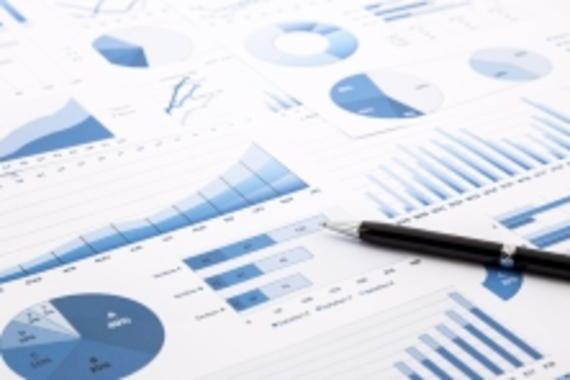
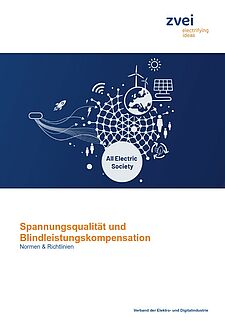

![[Translate to Englisch:] [Translate to Englisch:]](/fileadmin/_processed_/b/a/csm_2023-10-05_ZVEI_CRA_Recommendations_for_the_Trilogue_001_a3d8d78054.jpg)
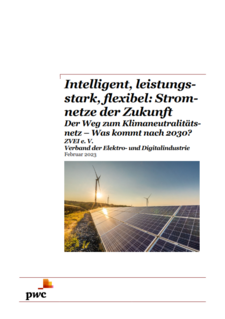
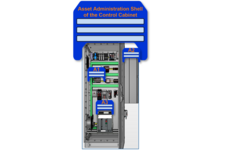
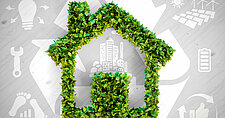
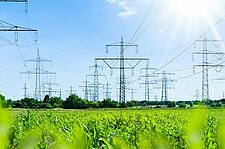

![[Translate to Englisch:] [Translate to Englisch:]](/fileadmin/_processed_/b/a/csm_EED-Title_001_6c255d31f7.jpg)
![[Translate to Englisch:] [Translate to Englisch:]](/fileadmin/_processed_/0/6/csm_RED-Title_001_dcb84f2a65.jpg)